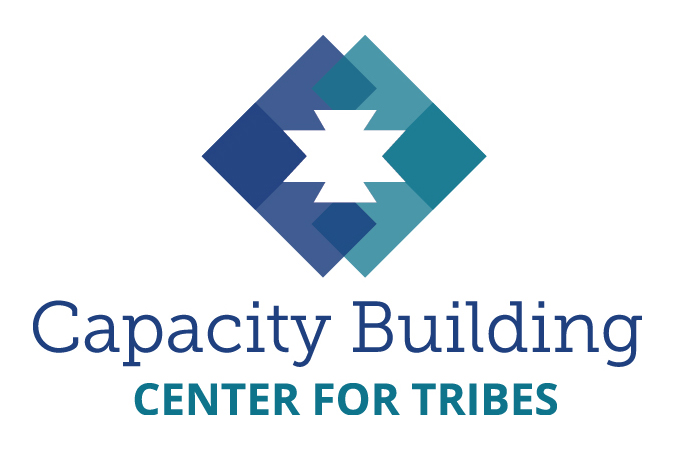Form 1 Tribal Organizational Assessment Caseworker Interview
Evaluation of the Child Welfare Capacity Building Collaborative
Tribal Organizational Assessment Caseworker Interview_revised
Tribal Organizational Assessment Caseworker Interview
OMB: 0970-0484
THE
PAPERWORK REDUCTION ACT OF 1995 (Pub. L. 104-13) Public reporting
burden for this collection of information is estimated to average 75
minutes per response, including the time for reviewing instructions,
gathering and maintaining the data needed, and reviewing the
collection of information. An agency may not conduct or sponsor, and
a person is not required to respond to, a collection of information
unless it displays a currently valid OMB control number.
 Tribal Child Welfare Worker
Interview Protocol
Tribal Child Welfare Worker
Interview Protocol
Interviewer Name:
|
Interview Date: |
Interviewee Name:
|
Interviewee Tribe: |
Please briefly describe the tribal child welfare program in which you work.
How is your program structured? How many/what type of staff work in your program?
Providing child welfare services are not easy, but it is an important service for all communities. What kinds of services does your program provide that you are most proud of or feel are truly helping children and families?
What are the operational strengths and challenges of your program? (i.e., How do things work/function around here?)
Does the agency have clear and formal guiding principles or a structured approach to practice (also called a practice model)? If so, how would you describe it?
What types of workforce issues is your program facing? Workforce issues include things like training and staff development, recruitment and retention, job satisfaction, workplace climate, burnout and secondary trauma.
What types of training and staff development opportunities are available to you and your staff members, including those that are newly hired?
What types of professional development or support would help you do your job?
What opportunities are there for workers to advance to higher leadership or management positions within the program? How are people prepared to move up?
What is your supervisor(s) like? What kinds of support have you needed from them and how was that support provided?
What is it like for you and other staff to work here?
Please describe your program’s philosophy around engaging and working with the families and the community or communities you serve. If asked, how do you believe families would describe what your program does?
Have families and community members been involved in planning and decision-making for your program’s services?
Please discuss the data and technology you use in performing your job.
How does your program monitor the services it is providing?
What types of data do you currently have to gather?
What needs can you identified that your program has related to data and technology?
What are the major challenges or needs you address with the families you serve?
What services, especially culturally-based services, are available to families to help prevent placement or re-entry into care once a child has been returned to the home?
Which needs of families do you feel are not being fully met?
How has the oil and gas boom impacted the families in your community?
How would you describe the cultural elements of your program’s approach to practice?
What cultural issues seem to be foremost for the families you serve?
What cultural modifications has your program made to make your services be more relevant to families (i.e., incorporation of language, values, traditions, spiritual practices; understanding of traditional family roles)?
What input has your program solicited and/or received from community members, elders, and/or spiritual leaders to make it more culturally relevant?
What partnerships (both formal and informal) does your program call upon to help meet the needs of the families you serve?
Does your program have a partner(s) who provide services in the following areas: substance abuse treatment, mental health, domestic violence?
How effective are these partnerships?
In what ways does your program partner with the educational system? Judicial system?
What community relationships/partnerships are the most challenging? Why?
Let’s talk about your tribe’s ICWA program. How do you handle ICWA cases that involve your tribe’s member children?
How knowledgeable do you feel you are in regard to the provisions of the ICWA? Your supervisor and program directors?
Describe your experiences in collaborating with non-tribal child welfare departments on ICWA cases.
How would you summarize the greatest strengths and challenges of your program?
In your opinion, what training or technical assistance support would be most helpful to strengthen your child welfare program? Please provide any other comments about your child welfare services and/or training and technical assistance needs.
Page
|
Tribal Child Welfare Worker Interview Protocol |
| File Type | application/msword |
| File Title | Broad questions/topic areas for Child Welfare Directors’ interviews |
| Author | Nancy Lucero |
| Last Modified By | Tojuana Riley |
| File Modified | 2016-08-24 |
| File Created | 2016-02-08 |
© 2026 OMB.report | Privacy Policy